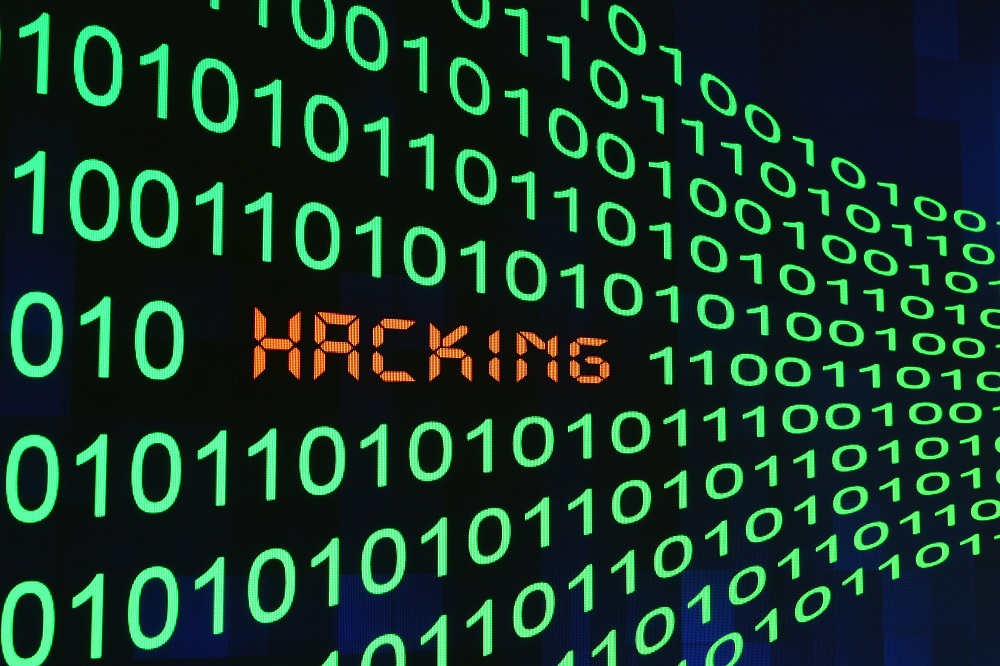AP sources: SolarWinds hack got emails of top DHS officials
The vulnerabilities at Homeland Security in particular intensify the worries following the SolarWinds attack and an even more widespread hack affecting Microsoft Exchanges email program, especially because in both cases the hackers were detected not by the government but by a private company.In December, officials discovered what they describe as a sprawling, monthslong cyberespionage effort done largely through a hack of a widely used software from Texas-based SolarWinds Inc. At least nine federal agencies were hacked, along with dozens of private-sector companies.US authorities have said the breach appeared to be the work of Russian hackers.

- Country:
- United States
Suspected Russian hackers gained access to email accounts belonging to the Trump administration's head of the Department of Homeland Security and members of the department's cybersecurity staff whose jobs included hunting threats from foreign countries, The Associated Press has learned.
The intelligence value of the hacking of then-acting Secretary Chad Wolf and his staff is not publicly known, but the symbolism is stark. Their accounts were accessed as part of what's known as the SolarWinds intrusion and it throws into question how the US government can protect individuals, companies and institutions across the country if it can't protect itself. The short answer for many security experts and federal officials is that it can't — at least not without some significant changes.
“The SolarWinds hack was a victory for our foreign adversaries, and a failure for DHS,” said Sen. Rob Portman of Ohio, top Republican on the Senate's Homeland Security and Governmental Affairs Committee. “We are talking about DHS's crown jewels.” The Biden administration has tried to keep a tight lid on the scope of the SolarWinds attack as it weighs retaliatory measures against Russia. But an inquiry by the AP found new details about the breach at DHS and other agencies, including the Energy Department, where hackers accessed top officials' private schedules. The AP interviewed more than a dozen current and former US government officials, who spoke on the condition of anonymity because of the confidential nature of the ongoing investigation into the hack. The vulnerabilities at Homeland Security in particular intensify the worries following the SolarWinds attack and an even more widespread hack affecting Microsoft Exchange's email program, especially because in both cases the hackers were detected not by the government but by a private company.
In December, officials discovered what they describe as a sprawling, monthslong cyberespionage effort done largely through a hack of a widely used software from Texas-based SolarWinds Inc. At least nine federal agencies were hacked, along with dozens of private-sector companies.
US authorities have said the breach appeared to be the work of Russian hackers. Gen. Paul Nakasone, who leads the Pentagon's cyber force, said last week the Biden administration is considering a “range of options” in response. Russia has denied any role in the hack. Since then, a series of headline-grabbing hacks has further highlighted vulnerabilities in the US public and private sectors. A hacker tried unsuccessfully to poison the water supply of a small town in Florida in February, and this month a new breach was announced involving untold thousands of Microsoft Exchange email servers the company says was carried out by Chinese state hackers. China has denied involvement in the Microsoft breach. Sen. Mark Warner, a Virginia Democrat and head of the Senate Intelligence Committee, said the government's initial response to the discovery of the SolarWinds hack was disjointed.
“What struck me was how much we were in the dark for as long as we were in the dark,” Warner said at a recent cybersecurity conference.
Wolf and other top Homeland Security officials used new phones that had been wiped clean along with the popular encrypted messaging system Signal to communicate in the days after the hack, current and former officials said. One former administration official, who confirmed the Federal Aviation Administration was among the agencies affected by the breach, said the agency was hampered in its response by outdated technology and struggled for weeks to identify how many servers it had running SolarWinds software.
(This story has not been edited by Devdiscourse staff and is auto-generated from a syndicated feed.)
- READ MORE ON:
- Governmental Affairs Committee
- Signal
- Microsoft Exchange's
- Chinese
- SolarWinds software.(AP
- Republican
- Microsoft Exchange
- Federal Aviation
- Virginia
- monthslong cyberespionage
- Russia
- SolarWinds Inc.
- Warner
- Florida
- Department of Homeland Security
- Russian
- Senate
- Senate Intelligence Committee
- Microsoft
- The Associated Press
ALSO READ
US, Japan signal support for Texas high-speed rail plan
Automated system was in use before fatal Texas crash involving electric Ford SUV, investigators find
Environmentalists decry Biden administration's approval of massive oil export terminal along Texas coast
Lawmaker says crash of semitrailer into public safety office in Texas was 'intentional'
1 dead and 13 injured after semitrailer intentionally crashed into Texas public safety office










